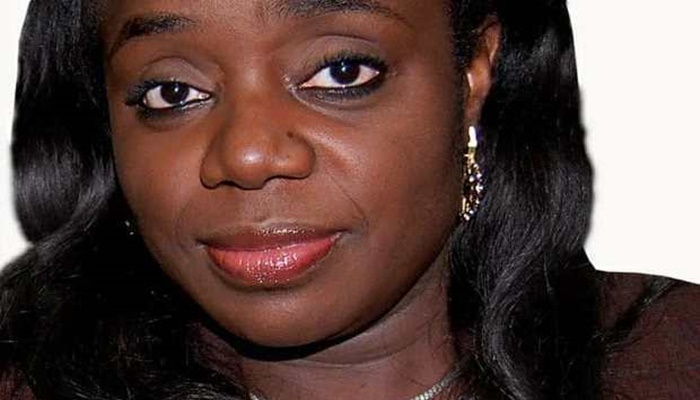
The Federal Government says it would invest about N1.3 trillion annually on capital projects to bridge the infrastructure gap needed to attract investments into the country.
The Minister of Finance, Mrs Kemi Adeosun, who disclosed this in Abuja on Tuesday while receiving iin her office a consortium of 20 international investors led by a former Minister of Finance, Shamsudeen Usman, said government’s commitment to solving the infrastructure development challenges in the economy was firm.
The consortium was made up of representatives of investment capital and equities firms from London, New York, Miami, Johannesburg and others.
They consisted of firms that buy the Nigerian bonds and equities as well as those providing advisory services to clients on the foreign direct investments, FDIs.
“Government invested about N1.3 trillion on capital projects last year (2016) to develop roads, rail, power, housing and all the infrastructure government thinks would be needed to unlock this huge economy,” the Minister said. “Hopefully, the figure would be around the same for 2017 and 2018.”
The Minster said government believed adequate infrastructure was the only way to attract investment that would unlock growth in agriculture, solid minerals and move the economy away from over-reliance on oil.
She said a lot of the projects currently being handled by government were abandoned for over 10 years, pointing out that Nigerians were beginning to ‘feel the impact of government efforts in terms of infrastructural development.’
Although she said there were many challenges, Adeosun said government was beginning to adopt policies that would address some of the most stubborn problems that have held back the country’s growth over the years.
Apart from undertaking difficult adjustments in fiscal policies, she said the Finance Ministry was focusing on revenue, particularly how to move the country’s tax to GDP ratio from six per cent to an initial target of 10 per cent and in the medium to long term to about 15 to 20 per cent.
“The macro fundamentals are much more positive. The outlook is that they would remain positive. We are working hard to improve revenue, reduce cost and still believe there’s still room for improvement and efficiency. There is a constant flow of investment inquiries into the Ministry of Finance.
“We are actually addressing some of the most specific problems. That is what is going to deliver the impact to the people. The impact is beginning to be felt. It will continue to trickle down as we begin to close the infrastructural challenges. Until we get rail, roads, power running, then we cannot say we are there yet.”
On power, she said the Executive Council of the Federation approved investments to improve distribution of electricity in the country. She said electricity problem was not just about generation, but distribution, “with much stranded power because of the country’s poor distribution system.”
With the seriousness demonstrated by government about infrastructure development to unlock the potentials of the economy, she said, several companies have been coming to inquire about prospects of opening factories for agriculture.
Although she did not give specific details, the minister said the visitors so far included major cassava processing firms from Brazil and Thailand who have asked for between 10,000 and, 20,000 hectares of land for cultivation and processing of cassava.
“The outlook for Nigeria’s economy is very positive. We are very optimistic about our prospects. We can’t afford to abandon the reforms government is committed to. There are still major decisions to be made on policy. We think the fiscal space to make those decisions are beginning to open up. We will certainly address those issues,” she said.
“The FDI flows are back. Hope that it would be sustained. The fundamentals of the economy are supporting the growth. The picture we get is that Nigeria has finally gotten the chance to get it right. That’s what investors have always been waiting for,” she added.
The leader of the delegation and Managing Director, Global Chief Economist, Renaissance Capital, Mr. Charles Robertson, had told the minister that the collective worth of investments by the various firms in the consortium was about $1 billion.
Robertson said the objective of the visit was to have firsthand experiences with policy makers on what drives the positive sentiments about the country’s economy and what the outlook and investment climate is, going forward.
He said investors have for long been waiting for positive changes in the country’s economy, noting that the “right moment appears to have come, with investment flows rising and reserves looking up.”






